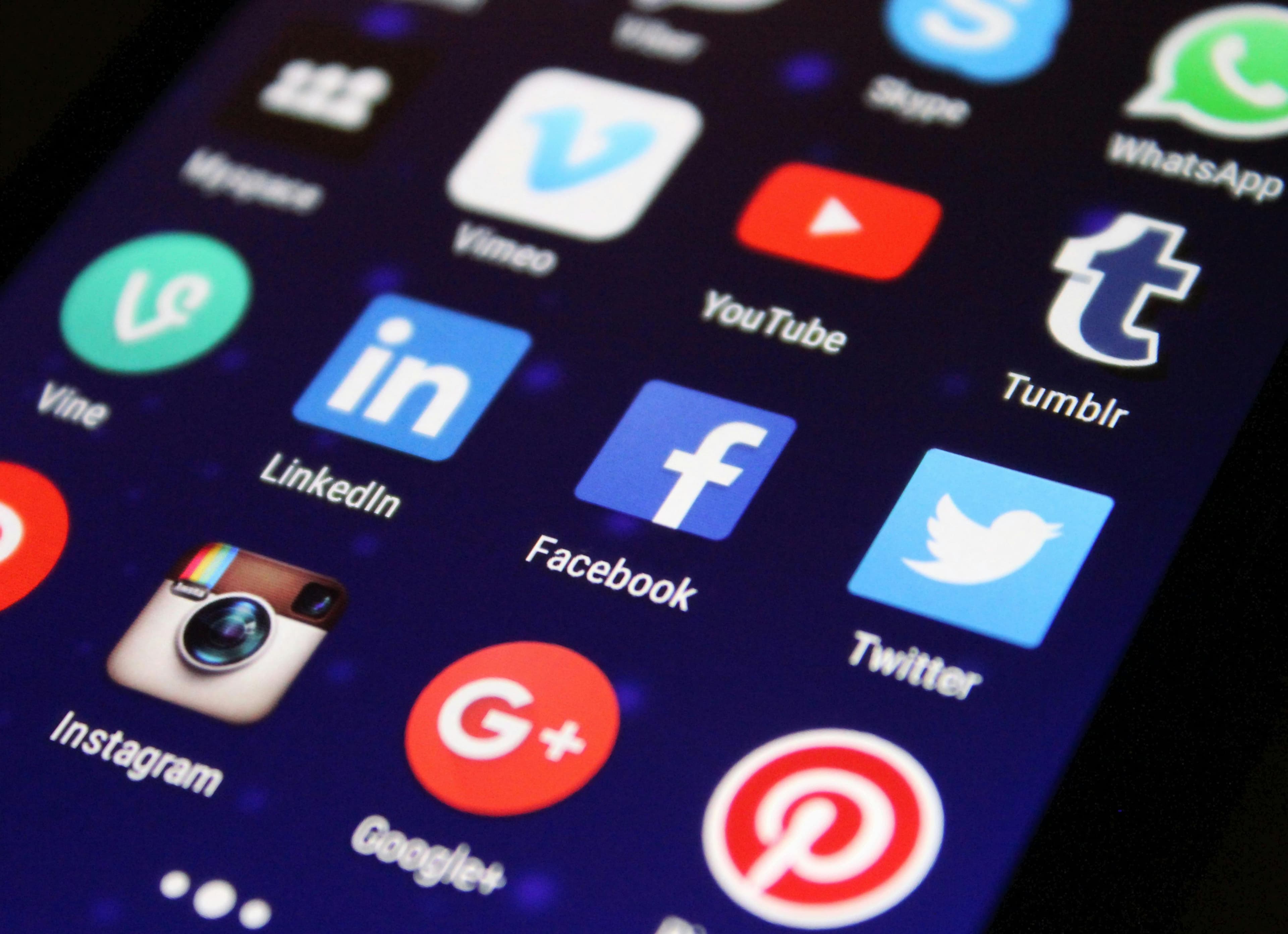In an era dominated by the internet and social media, it is impossible to ignore the impact these platforms have on our perception of health and well-being. This article aims to unravel the complex relationships between the online world and our quest for a healthy and happy life. We will explore how social media shapes our understanding of body, mind, and happiness, examining the benefits and challenges this dynamic presents.
The Influence of Social Media on Perception of Health and Well-Being

The constant consumption of images and information about health and well-being on social media can have both positive and negative effects. On one hand, the democratization of access to information allows individuals to learn about different health practices, nutrition, and exercise. Platforms like Instagram and YouTube have become repositories of well-being content, with experts and influencers sharing tips and insights on various topics, from meditation to healthy recipes.
On the other hand, exposure to a constant stream of idealized images of bodies and perfect lifestyles can generate anxiety and comparison, leading to dissatisfaction with one's own image and an incessant pursuit of unrealistic standards. Studies show that excessive use of social media is associated with higher levels of depression, anxiety, and low self-esteem, especially among young people.
Perception of Health and Well-Being on Social Media

The perception of health and well-being on social media is often distorted by the pursuit of validation and approval. The pressure to "live the perfect life" and share happy moments can lead to the creation of an idealized image, which generates a false sense of happiness and well-being. Additionally, the proliferation of non-professional health information and advice on social media can lead to self-medication and misguided decisions about personal treatment.
The Impact of Social Media and Future Solutions
It is essential to develop strategies to minimize the negative impacts of social media on mental health and promote a more balanced relationship with these platforms. Educating about conscious consumption of online content, developing tools that detect and combat false information, and promoting mental health on digital platforms are important measures in this regard.
In the future, artificial intelligence and content personalization may play a crucial role in creating more positive and personalized experiences for users. The use of algorithms that identify and filter harmful information, as well as the creation of safe and welcoming online spaces for sharing experiences and mutual support, are examples of how technology can be used to promote well-being on social media.
Conclusion:
Social media has become a powerful force in shaping our perception of health and well-being. It is crucial to understand the benefits and challenges this dynamic presents, using the platforms consciously and critically. By connecting with information and people who promote genuine well-being, we can use social media as tools for building a healthier and happier life.
